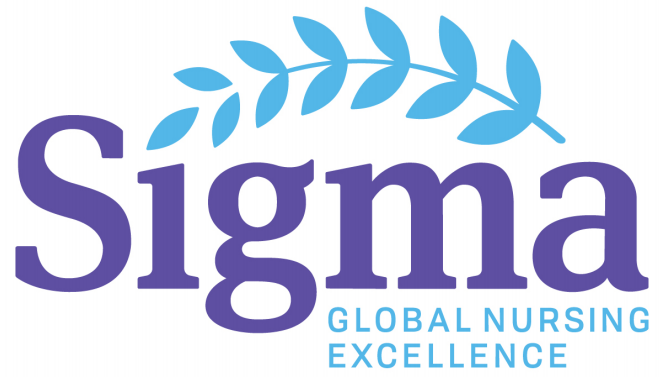Presenter Classification
Graduate Student
Presentation Type
Poster Presentation
Publication Date
4-14-2022
Start Date
14-4-2022 3:40 PM
End Date
14-4-2022 4:40 PM
Keywords
medication, reconciliation, primary care
Abstract Type
Quality Improvement/Process Improvement Project
Abstract
Abstract
Title
Reducing Adverse Events: Medication Reconciliation in Primary Care
Purpose
Primary care patients experience high levels of adverse drug reactions due to inaccurate medication reconciliation practices. Project Aims
The project aims to improve medication reconciliation in a primary care setting. Outcome Measures
Outcomes measures include identified medication discrepancies, staff satisfaction related to the use of the MATCH tool, and patient age ranges and gender.
Methods
Over a 4 week period, the clinic staff integrated the evidenced based instrument, Medication at Transitions and Clinical Handoff (MATCH) tool. Initially, the office manager provided a MATCH tool and a copy of the patients current medication list. The patient entered new and discontinued medications on the tool. The medical assistant reconciled the medication list in the electronic medical record. The nurse practitioner then reviewed the medications and compared the data to the MATCH tool. Lastly, the office manager scheduled the next patient appointment and attached a reminder to bring current medications. The completed MATCH tools (n=88) were collected for analysis.
Findings
Eighty-eight (n=88) MATCH tools with patient medication discrepancies, age ranges, genders, and staff responses were completed. Limitations included a 4-week time frame to use the tool, medical assistant buy-in related to the MATCH tool use, patient compliance to bring in medications to their next appointment, and patients ability to recall home medications.
Implications
Medication reconciliation is essential to patient care and safety in primary care settings. The MATCH tool is evidenced based and can improve medication reconciliation and reduce adverse drug reactions.
Reducing Adverse Events: Medication Reconciliation in Primary Care
Abstract
Title
Reducing Adverse Events: Medication Reconciliation in Primary Care
Purpose
Primary care patients experience high levels of adverse drug reactions due to inaccurate medication reconciliation practices. Project Aims
The project aims to improve medication reconciliation in a primary care setting. Outcome Measures
Outcomes measures include identified medication discrepancies, staff satisfaction related to the use of the MATCH tool, and patient age ranges and gender.
Methods
Over a 4 week period, the clinic staff integrated the evidenced based instrument, Medication at Transitions and Clinical Handoff (MATCH) tool. Initially, the office manager provided a MATCH tool and a copy of the patients current medication list. The patient entered new and discontinued medications on the tool. The medical assistant reconciled the medication list in the electronic medical record. The nurse practitioner then reviewed the medications and compared the data to the MATCH tool. Lastly, the office manager scheduled the next patient appointment and attached a reminder to bring current medications. The completed MATCH tools (n=88) were collected for analysis.
Findings
Eighty-eight (n=88) MATCH tools with patient medication discrepancies, age ranges, genders, and staff responses were completed. Limitations included a 4-week time frame to use the tool, medical assistant buy-in related to the MATCH tool use, patient compliance to bring in medications to their next appointment, and patients ability to recall home medications.
Implications
Medication reconciliation is essential to patient care and safety in primary care settings. The MATCH tool is evidenced based and can improve medication reconciliation and reduce adverse drug reactions.

